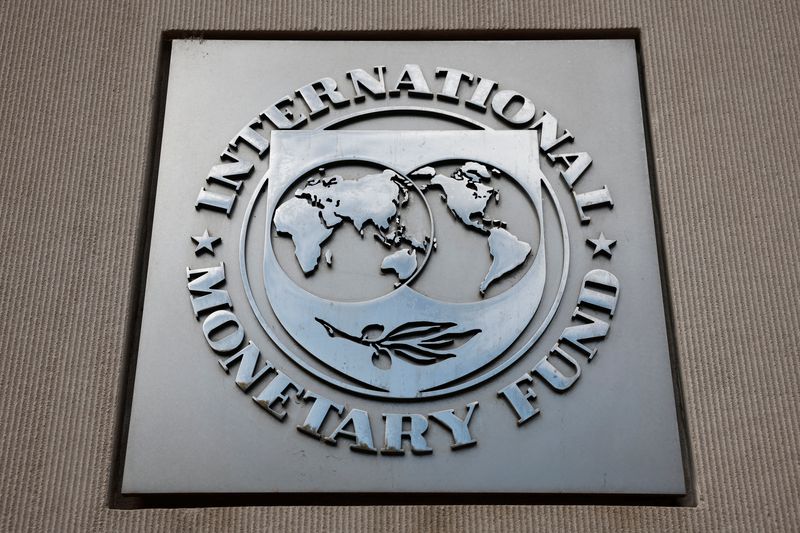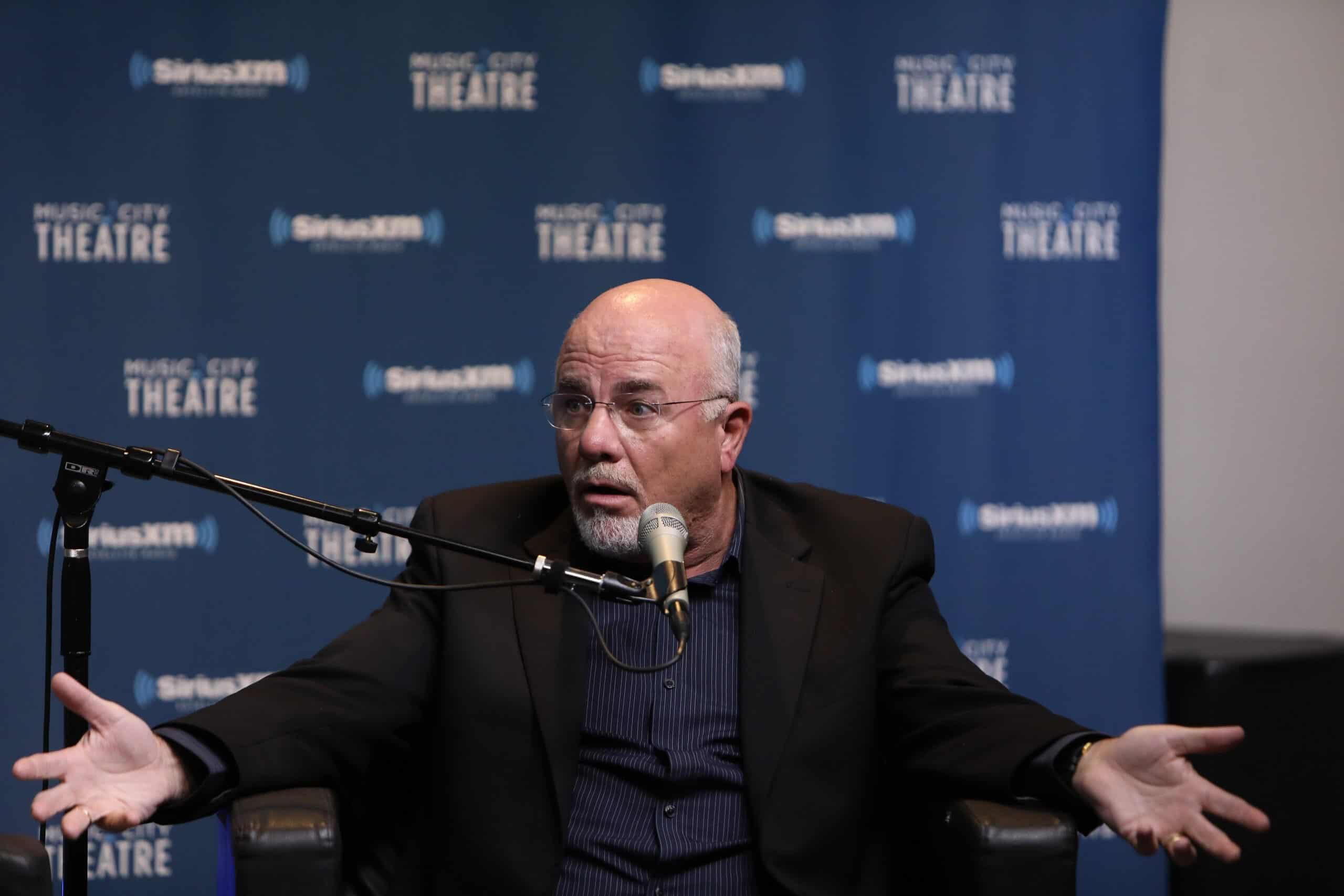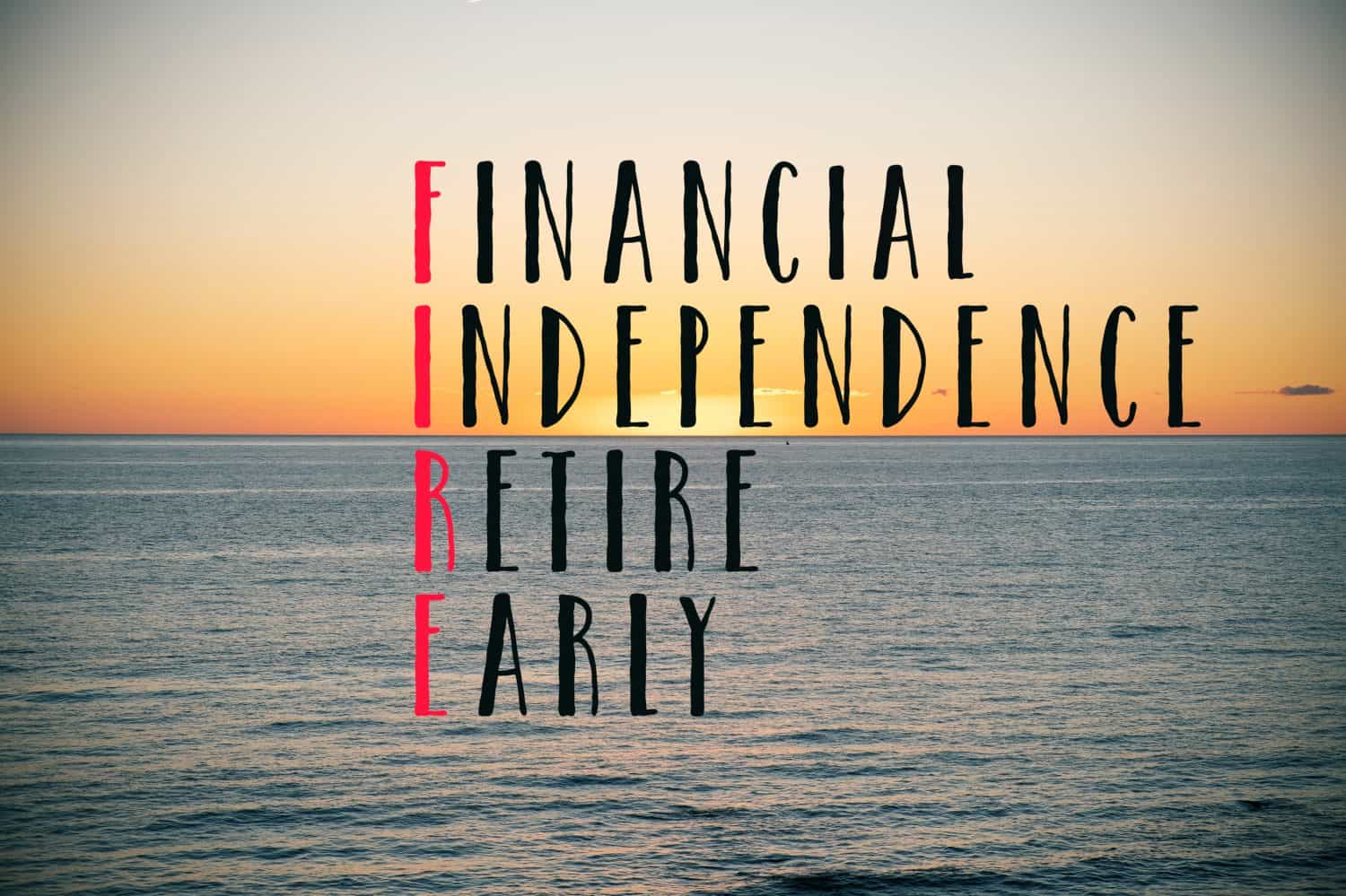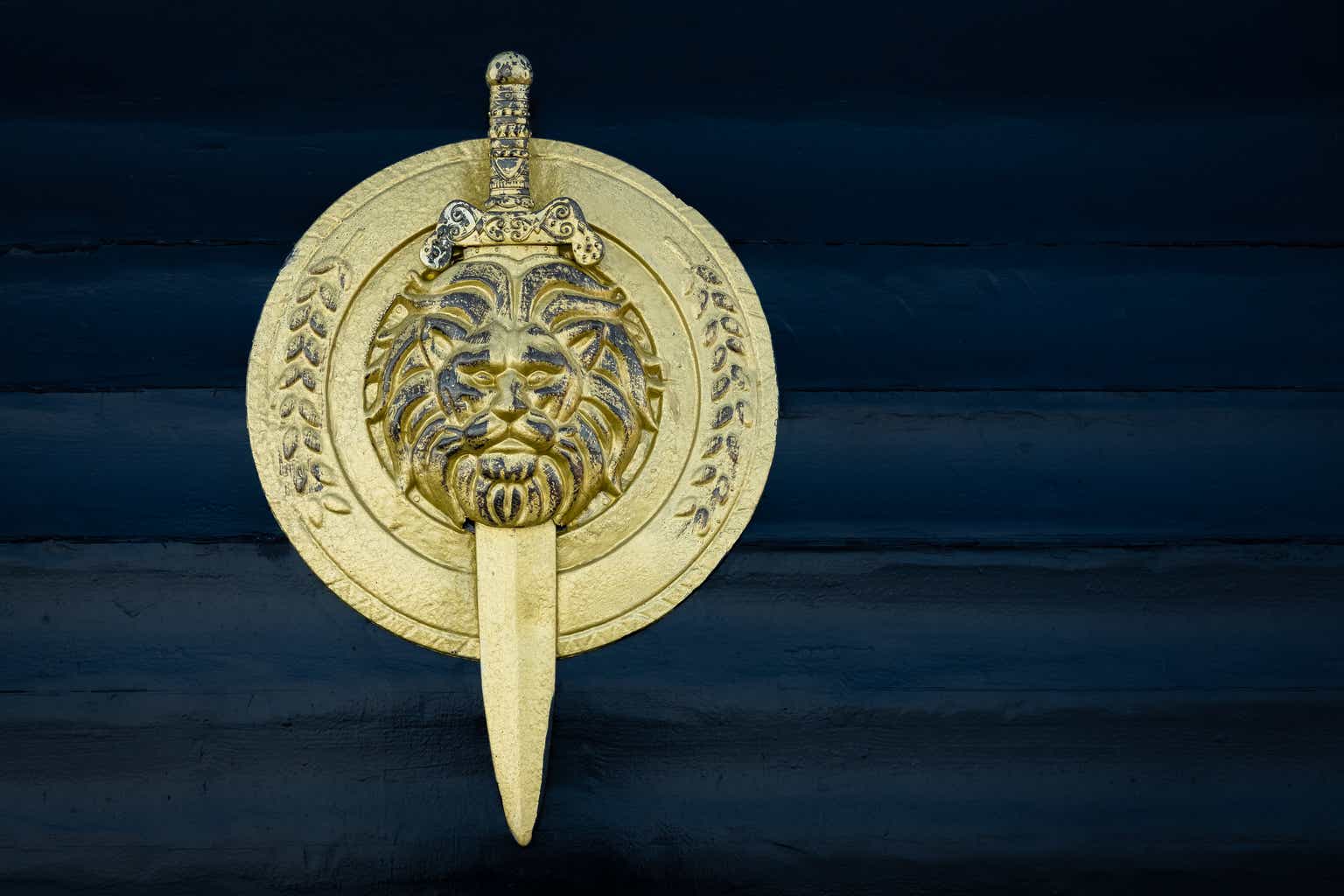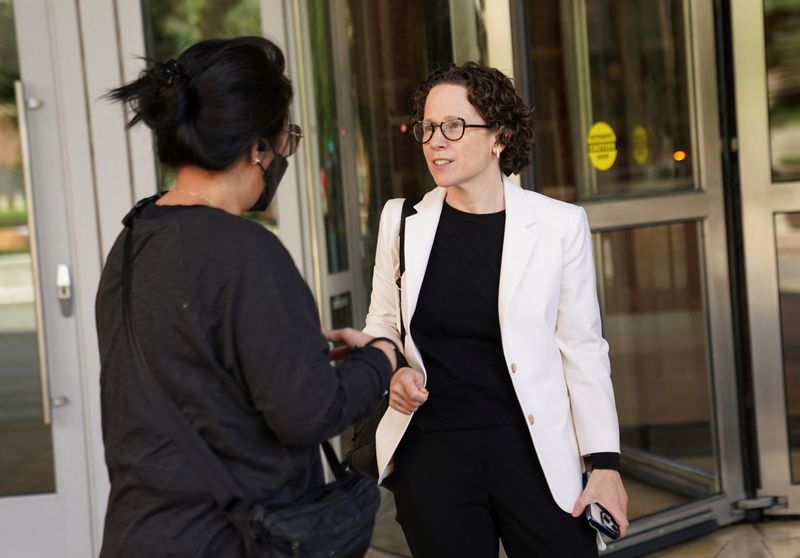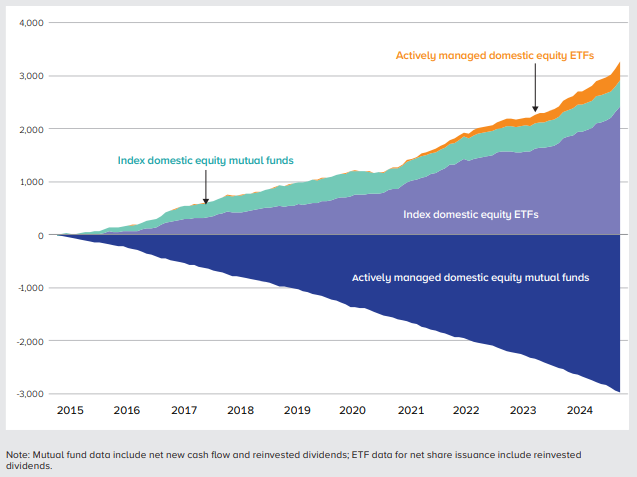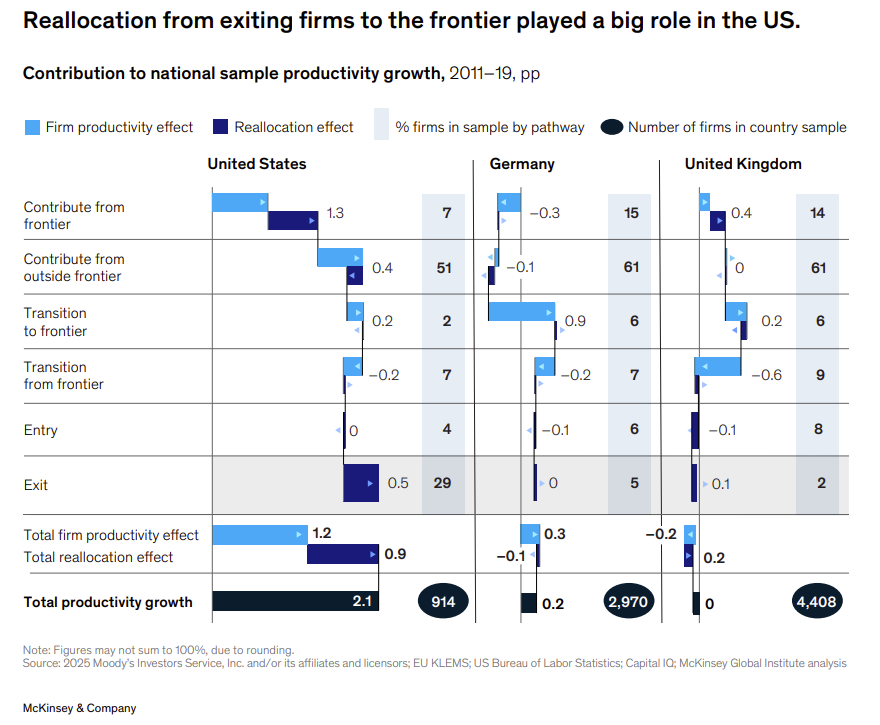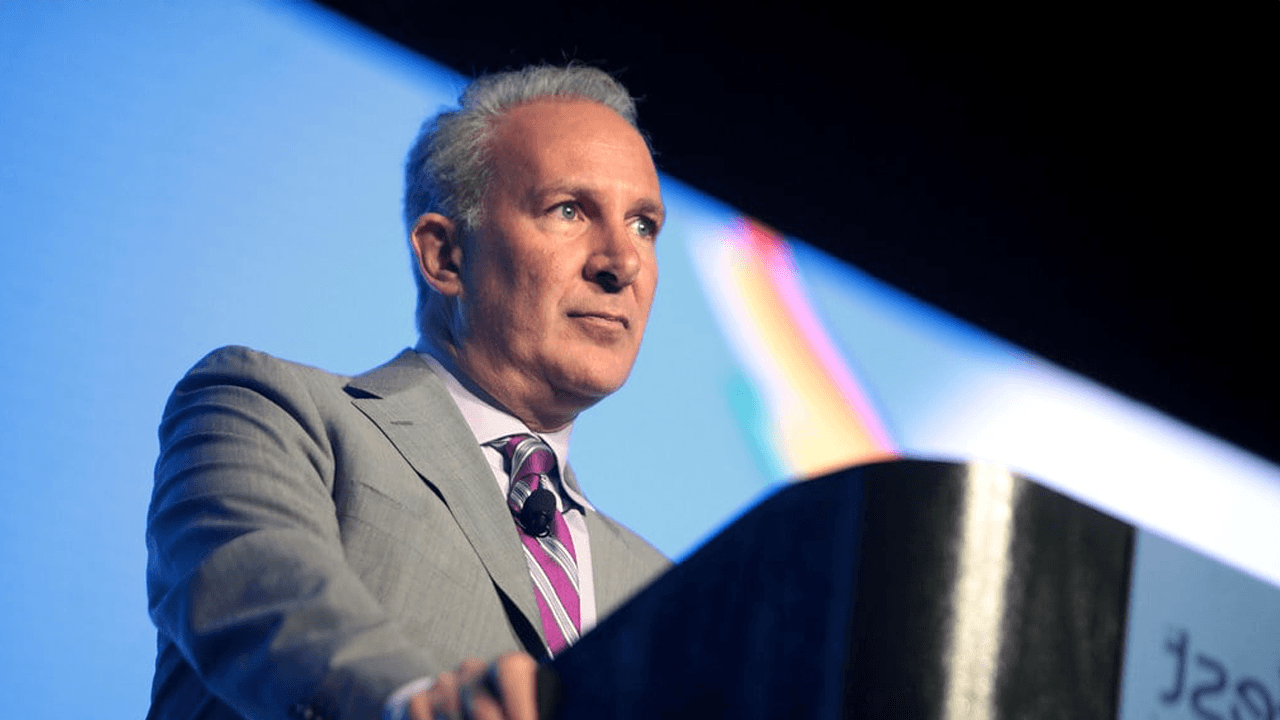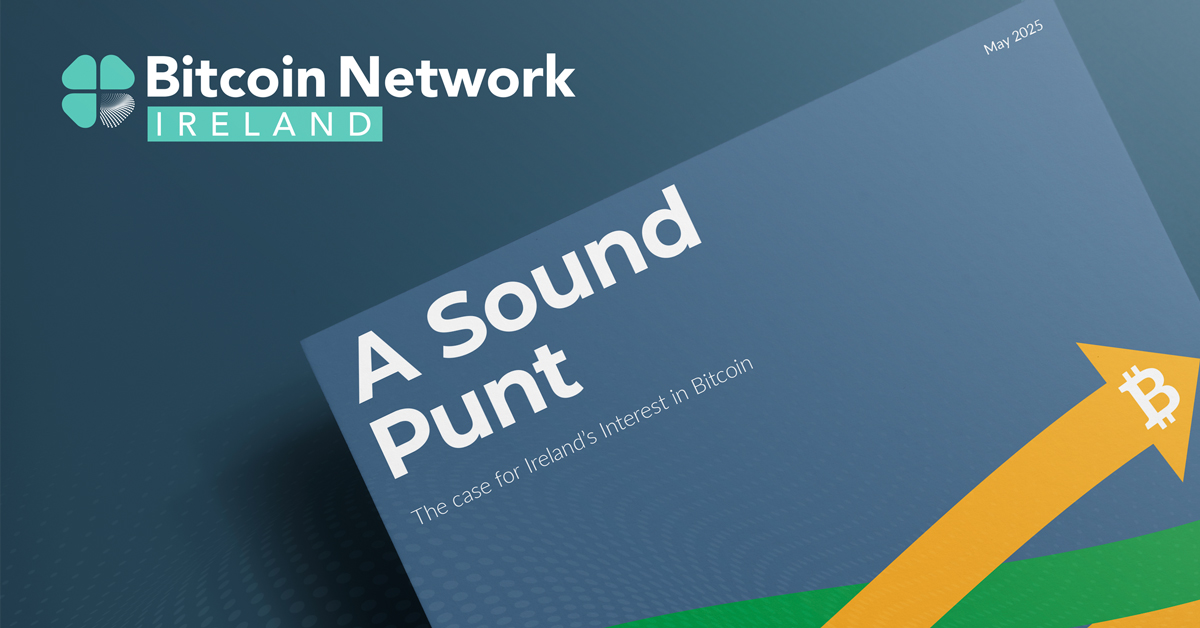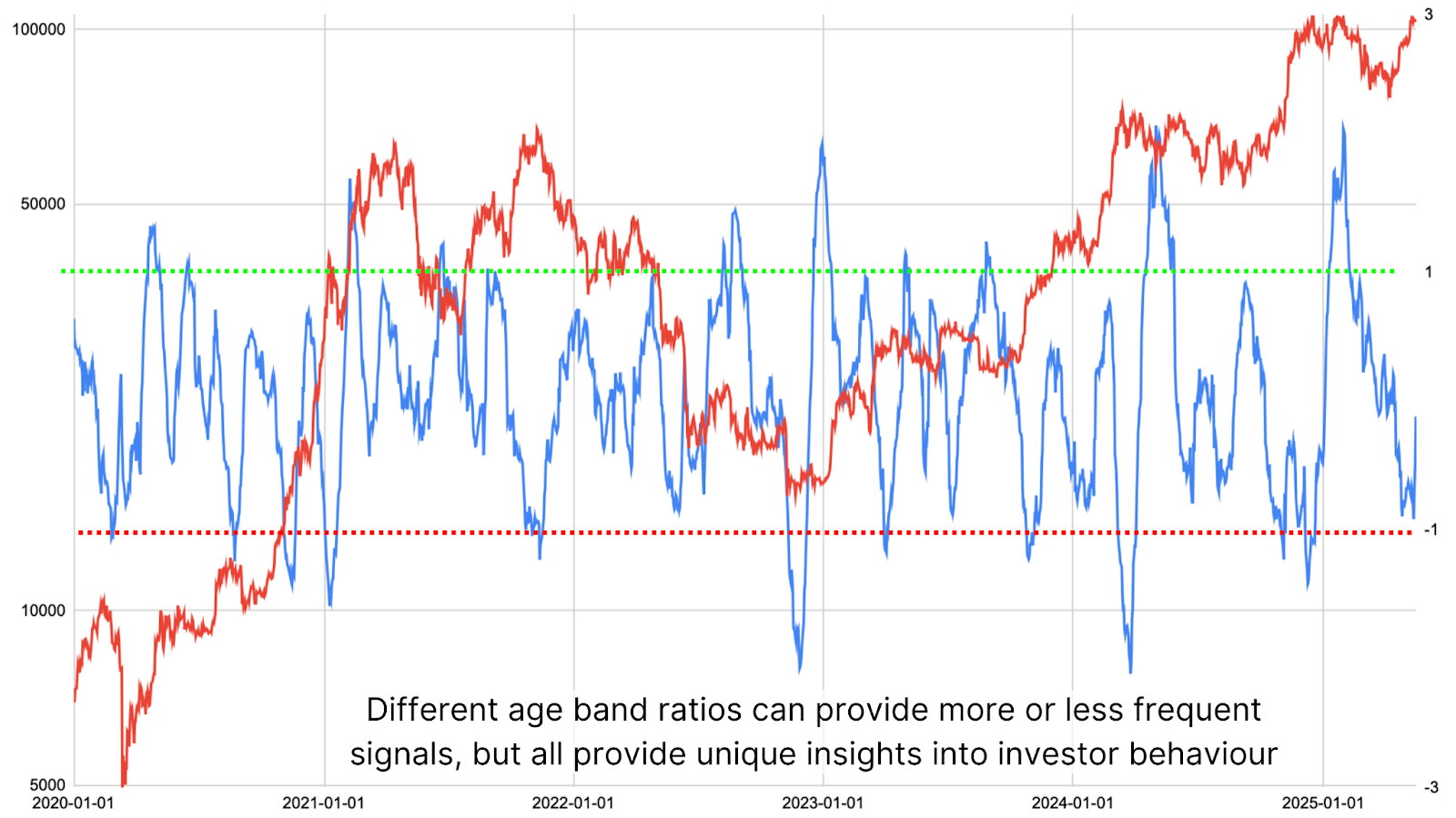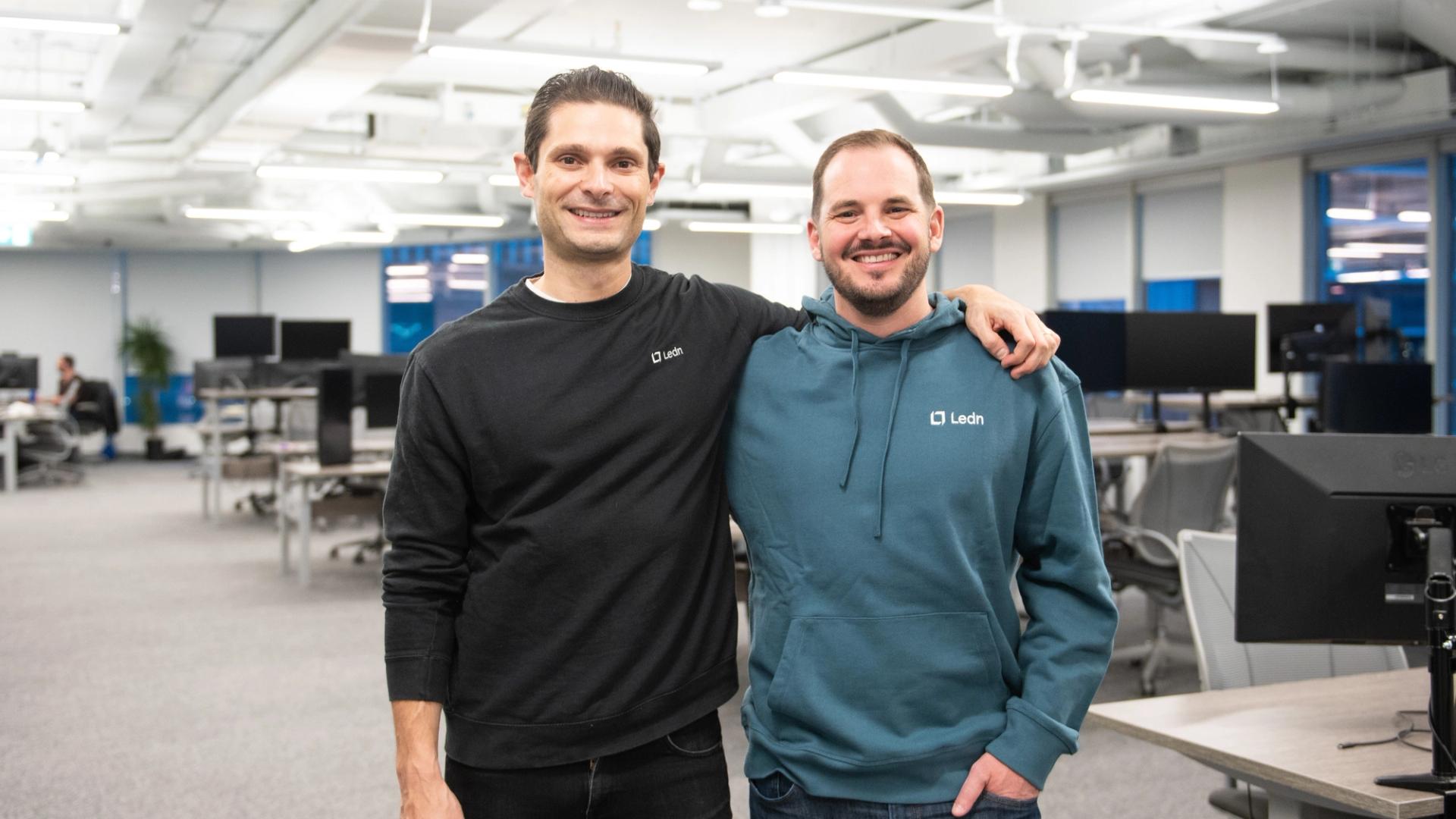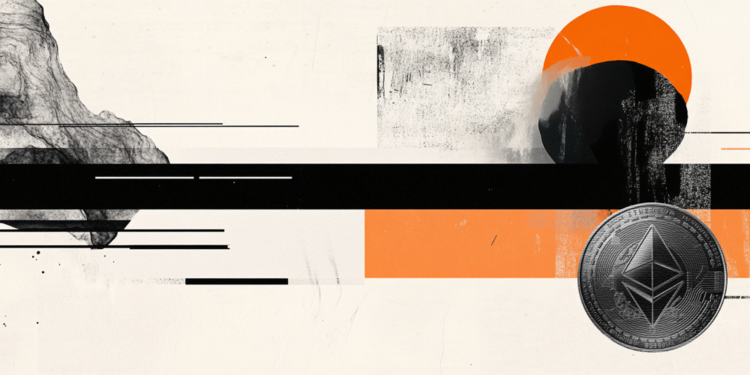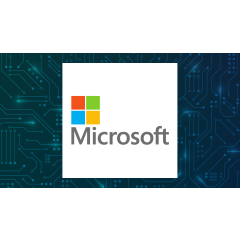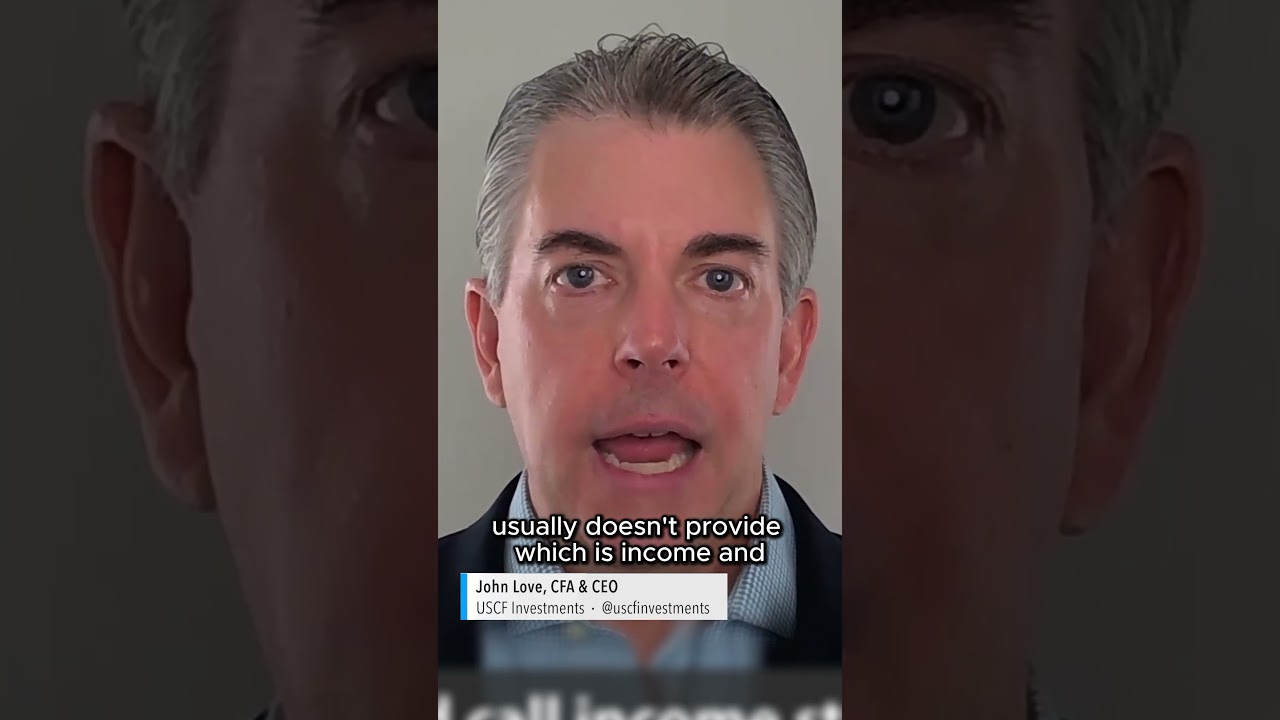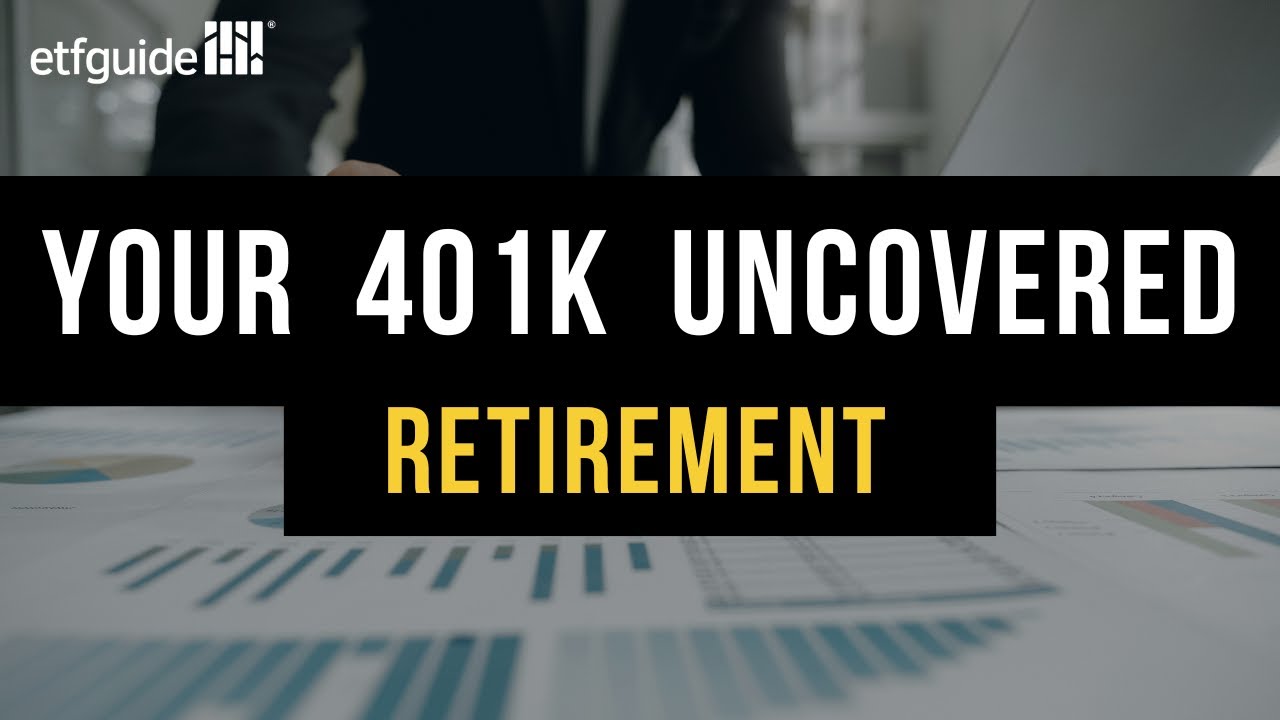Managing a 401(k) Alone Without Sharing With Siblings
Losing a family member can unleash a tsunami of emotions. In some cases, it may also lead to lifestyle changes, especially when there’s an inheritance involved. That was the situation for one Redditor who published a post in the active subreddit “InheritanceDrama” about his personal struggle after being named the primary beneficiary of his brother’s […] The post Managing a 401(k) Alone Without Sharing With Siblings appeared first on 24/7 Wall St..

Key Points
-
Inheriting a 401(k) can be a lifechanging experience, one that requires difficult decisions to be made.
-
If there are signs of family dysfunction, deciding what to do with the windfall is that much more difficult. But the writing might already be on the wall, making some decisions easier than others.
-
Are you ahead, or behind on retirement? SmartAsset’s free tool can match you with a financial advisor in minutes to help you answer that today. Each advisor has been carefully vetted, and must act in your best interests. Don’t waste another minute; get started by clicking here.(Sponsor)
Losing a family member can unleash a tsunami of emotions. In some cases, it may also lead to lifestyle changes, especially when there’s an inheritance involved. That was the situation for one Redditor who published a post in the active subreddit “InheritanceDrama” about his personal struggle after being named the primary beneficiary of his brother’s 401(k) retirement plan.
Managing a 401(k) plan of your own is one thing, but inheriting someone else’s is something else entirely. Throw in some family dysfunction and the situation becomes even more complicated.
The Redditor revealed that he was the sole beneficiary of the retirement account, while another sibling was left out. As a result, our Redditor was wrestling with whether to keep the windfall to himself or share it with his other sibling. While details are scant, we wanted to offer some perspective, as estate planning often involves challenging decisions regardless of the family dynamics.
Inheriting a 401(k) Plan
Before we address Redditor’s question, let’s confront the idea of inheriting a 401(k), which is an employer-sponsored plan. A 401(k) gives the beneficiary certain options as well as obligations. They can choose to accept the funds in a lump-sum payment without any penalties to worry about. Uncle Sam will still tax the windfall as ordinary income with the exception of a Roth 401(k). However, you run the risk of moving into a higher tax bracket. Lastly, by choosing this option, the beneficiary is waiving their right to roll the funds over.
Another option is to harness a trustee-led transfer of the funds into an inherited IRA, for which there are no early withdrawal fees. Money will continue to grow tax-free. Keep in mind that the fund balance must be withdrawn within a decade of the original account holder’s death.
Personal Balance Sheet
Unfortunately, we don’t have the benefit of knowing what the deceased was thinking when they set the details of the will, nor if they knew their time was short. As a result, we are left to speculate as to whether it was their desire to leave 100% of the 401(k) savings plan to one sibling or they were planning to revisit the terms at some point in the future. We’ll work with what we know, and that is this beneficiary has a critical decision to make. While our Redditor’s situation is not cut and dry, we would urge them to let their conscience—and their own personal balance sheet—be their guide.
According to retirement platform Empower.com, the average and median 401(k) balance varies by age. As of 2025, for savers in their 20s, the average 401(k) balance is $91,133 with a median of $34,225; for Americans in their 30s, the average is $181,500 while the median is $73,763; for those in their 40s, the average 401(k) size is 370,879 with a median account balance of $154,212; and for savers in their 50s, the average account size is $592,285 with a median of $252,850.
If our Redditor has a separate retirement account of their own, the cash windfall would be icing on the cake. This is especially true if the beneficiary doesn’t have the burden of excessive debt. The fact that they are considering sharing the inherited funds with a sibling suggests to us that they are in enough of a financially stable position to do so.
In this scenario, our Redditor might be doing themselves a favor by sharing it with their sibling. Obviously, this decision is weighing on them already. If their personal balance sheet is strong and they don’t share the money, it could plague them for the rest of their life, not to mention destroy the relationship they may have with their sibling. This can lead to other problems down the line, including health issues, that could end up costing them in other ways in the long run.
On the flip side, if the family dynamic is such that the deceased left the other sibling out on purpose for a specific reason, then the beneficiary might feel a need to respect the wishes of their brother. That said, once the 401(k) account is transferred, it is theirs to do with as they wish.
Plan for the Future
With many questions and few answers, this Reddit posting is a stark reminder of the importance of estate planning. While thinking about end-of-life matters might be difficult, the alternative could be worse, as it could leave assets tied up for years. It could also force people like the Redditor to make difficult decisions that might otherwise have been avoided. One thing is certain: speaking with a financial advisor can help make the process clearer, so families can prepare for the future without losing sleep over being a burden.
The post Managing a 401(k) Alone Without Sharing With Siblings appeared first on 24/7 Wall St..





